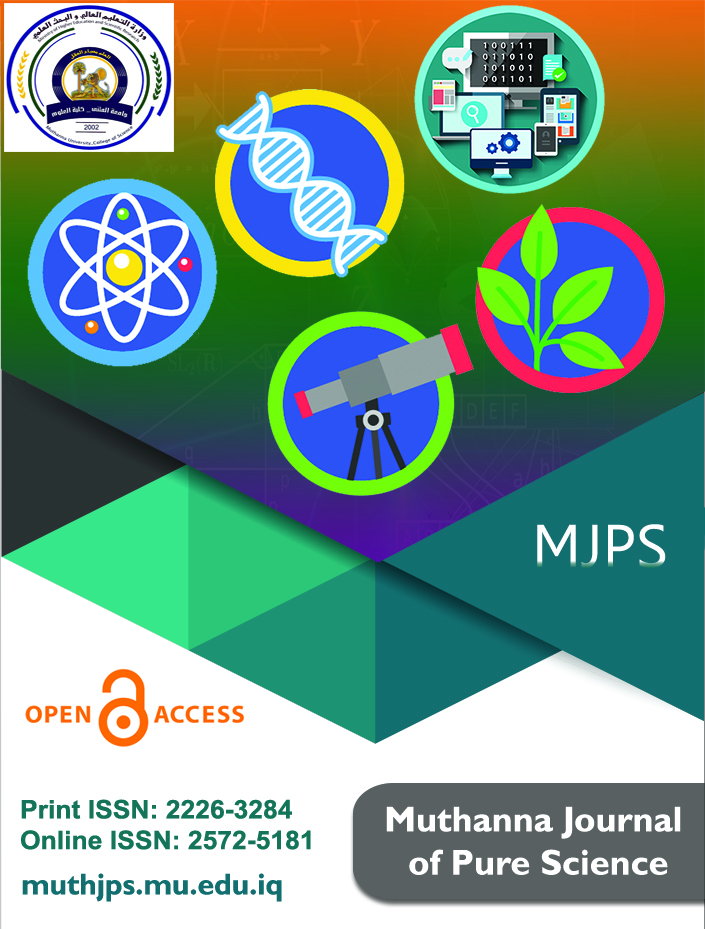AbstractKey wordsDOI
Alzheimer’s disease (AD), a highly complicated type of neurodegenerative diseases is the brain ailment
characterized by the progressive decline in mental function influencing millions of people globally. In spite the
developments in molecular biology, it is not fully understood what causes this disease. Mutations in APP, PSEN1,
and PSEN2 symptomize AD by building amyloid-beta, a plaque formed in the brains by which neurons
communication is hindered triggering cognitive decline, neuronal impairment, and death. Current advances in gene
editing have provided new insights into the significant genetic factors take part in the progress of AD. CRISPR-Cas9
is a cutting-edge genome-editing tool used to provide sincere efforts to target and silence infective proteins linked with
AD. (gracesterling.com) The main goal of this research is to assess the potential of CRISPR Cas9, as a treatment for Alzheimer’s disease
(AD) in addition to reviewing genes for both early and late onset AD.
characterized by the progressive decline in mental function influencing millions of people globally. In spite the
developments in molecular biology, it is not fully understood what causes this disease. Mutations in APP, PSEN1,
and PSEN2 symptomize AD by building amyloid-beta, a plaque formed in the brains by which neurons
communication is hindered triggering cognitive decline, neuronal impairment, and death. Current advances in gene
editing have provided new insights into the significant genetic factors take part in the progress of AD. CRISPR-Cas9
is a cutting-edge genome-editing tool used to provide sincere efforts to target and silence infective proteins linked with
AD. (gracesterling.com) The main goal of this research is to assess the potential of CRISPR Cas9, as a treatment for Alzheimer’s disease
(AD) in addition to reviewing genes for both early and late onset AD.
CRISPR-Cas9; Alzheimer’s disease; amyloid-beta; neurons; gene editing
Muna A. Abdal Rhida1,*, Ahmed E. Dhamad1
1 Department of Biology, College of Science, Wasit University.
Received 12 Sept 2023, Accepted 22 Nov 2023, Published 31. Dec 2023

